What to eat before, during, and after a race to maximize your performance

Author Profile: Ashley Mateo
Ashley Mateo is an award-winning journalist and editor whose writing has appeared in such outlets as The Wall Street Journal, TIME, Runner's World, Women's Running, Men's Journal, Health, Women's Health, Bicycling, and more. Ashley is also an RRCA- and UESCA-certified running coach, and writes the weekly newsletter The Rundown. She lives in Denver.
Sure, training is important—but in endurance races, the best way to get the most out of your training is by ensuring you’ve got enough energy readily available. Your body requires fuel to push its limits, and without the proper reserves, there’s no way you can tap into your highest speeds or power output. Avoid bonking mid-race by fueling effectively from start to finish.
Race Day Fueling Starts Well Before Race Day
The best way to stay on top of race day fueling is by making sure you’re eating a balanced diet of carbs, protein, and healthy fats throughout your training. Your total daily calories should break down to 45 to 65 percent carbohydrates, 10 to 35 percent protein, and 10 to 35 percent fat, according to the U.S. Department of Health and Human Services; endurance athletes will want to play around with those ranges to prioritize carbs and protein.
And when you’re logging high mileage in training, it’s crucial to make sure you’re consuming enough calories. Active adults require anywhere from 2,400 to 3,000 calories a day, according to the USDA’s Dietary Guidelines for Americans, although individual needs will depend on exactly how much you’re running or riding. If you’re not eating enough, your body has no choice but to start breaking down muscle for fuel, leading to fatigue, slower recovery times, and an increased risk of injury and illness.
Hydration is equally important. Training dehydrated forces your heart to work harder, depletes your glycogen stores quicker, and can lead to more symptoms (like fatigue and dizziness) that will derail your workouts—and you can’t make up for poor hydration the night before a race. In one older study, dehydration reduced exercise endurance time from 121 minutes to 55 minutes, meaning you're going to hit the wall sooner than you’d like.
Most healthy people meet their daily hydration needs by letting thirst be their guide, according to the National Academy of Sciences, Engineering, and Medicine, but the general recommendation is 125 ounces (or 15 and a half cups) per day for men, and 91 ounces (about 11 cups) for women. Keep in mind, though, that you do get water from other food sources like, fruits, vegetables, soup broth, yogurt and more.
Load Up on Carbs the Night Before

Carbohydrates are the body’s most easily accessible source of energy, which is why so many endurance athletes spend the night before the race gorging on pasta, pizza, and potatoes. They’re stored in your muscles and liver as glycogen and released as glucose when you need fuel.
You can actually start carb-loading up to 72 hours beforehand so you don’t have to go overboard the night before; that’s as simple as slightly decreasing fat and protein so you can increase the amount of carbs you consume. Carb loading may reduce fatigue and improve performance by two to three percent for races lasting more than 90 minutes, long-standing research has shown.
Hydration also plays an important role in carb loading. Each gram of glycogen is stored in human muscle with at least three grams of water, a 2015 study confirmed. That means your body is going to retain water, to the point where you may gain a few pounds, according to the American Council of Exercise; that’s actually a good thing, because it keeps cells hydrated for optimal performance. Alternating plain old water with an electrolyte drink pre-race can also help you retain more water. Electrolytes, which help with muscle contraction and turn nutrients into energy in your cells, are primarily lost through sweat, so priming your body with them can help set you up for success.
Fuel and Hydrate Before You Start
Races generally start super early in the morning, which can make dialing in your pre-race nutrition a struggle. If you’re got at least 2 hours before a race, that’s plenty of time to have a normal, well-balanced meal with all three macronutrients. You get a 15 percent increase in glycogen storage with a carb-heavy breakfast in the three hours before an event, research shows. If you’ve only got closer to 1 hour, just eat a smaller version of that normal meal. A liquid version of a meal—like a shake—can help you more easily digest the food.
In the 30 minutes before an endurance race, it can be helpful to top off your glycogen stores with an energy gel like Chargel, which is packed with easy-to-digest simple carbohydrates and energy-boosting B vitamins, and has more calories than standard sports drinks and energy chews.

From a hydration standpoint, aim to drink about 16 ounces of water or a sports drink the night before a race, another 16 ounces when you wake up, and another 13 to 20 ounces 20 to 30 minutes before the race, 2018 guidelines from the Journal of the International Society of Sports Nutrition recommend—just leave enough time to hit the bathroom.
What to Eat During Your Race
If your race is less than 90 minutes, you’re good to go. But if you’ll be out there for more than 1.5 hours, you’re going to need to bring nutrition with you. Your body’s glycogen stores only last for about two hours, research shows. To avoid hitting the wall, fuel early and often: Exercise guidelines suggest a range of 30 to 60 grams per hour for endurance exercise lasting 1 to 2.5 hours, with that number jumping to 90 grams per hour if exercise is over 2.5 hours.
Mid-race hydration is trickier. You can figure out how much fluid you lose on a run by weighing yourself before and after an hour of running or training; each pound of weight loss is approximately equal to 16 ounces of fluid deficit, so you would subtract your post-run weight plus any fluid intake during the run from your pre-run weight to find your individual sweat rate (and how much water you need to drink per hour during a race).
If that sounds too complicated, guidelines recommend drinking 0.5 to 2 liters per hour of fluid, which requires drinking 12 to 16 ounces of water or a sports drink (which may also contain carbohydrates and electrolytes) every 5 to 15 minutes during a race. That’s obviously a lot of liquid, so figuring out what works for you ahead of time is key. Athletes who had a hydration plan and wrote it down drank more during races than those who didn't have a plan in an older study published in the Journal of Sports Sciences.
Refuel Properly Post-Race
Race day fueling isn’t complete until you refuel after you cross the finish line. An endurance race depletes your glycogen stores and causes microdamage to your muscles, so you want to start eating carbs and protein within 30 minutes and two hours after exercise, according to the American Council of Exercise. Fresh carbs replenish all that energy you burned, and protein helps rebuild your muscles. Drinking water and electrolytes will help, too.
Refueling is so important because it’s what kickstarts the recovery process. Not only do the right nutrients help your body repair damaged muscles, they can help combat post-race soreness, reduce inflammation, and support the immune system. And recovering properly ensures your body will adapt to the stress you just placed on it during the race—so you’ll be even stronger when you get back to training.
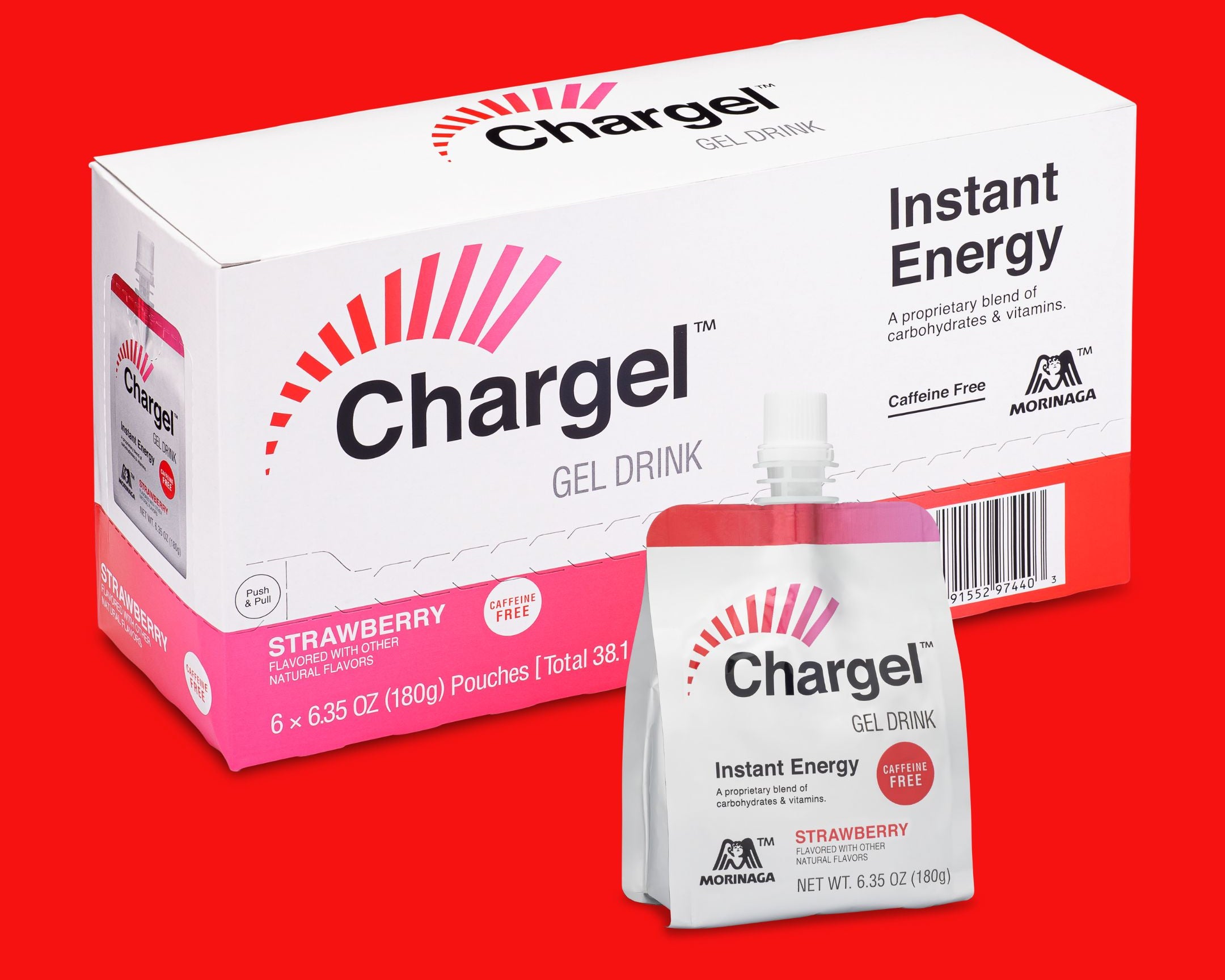
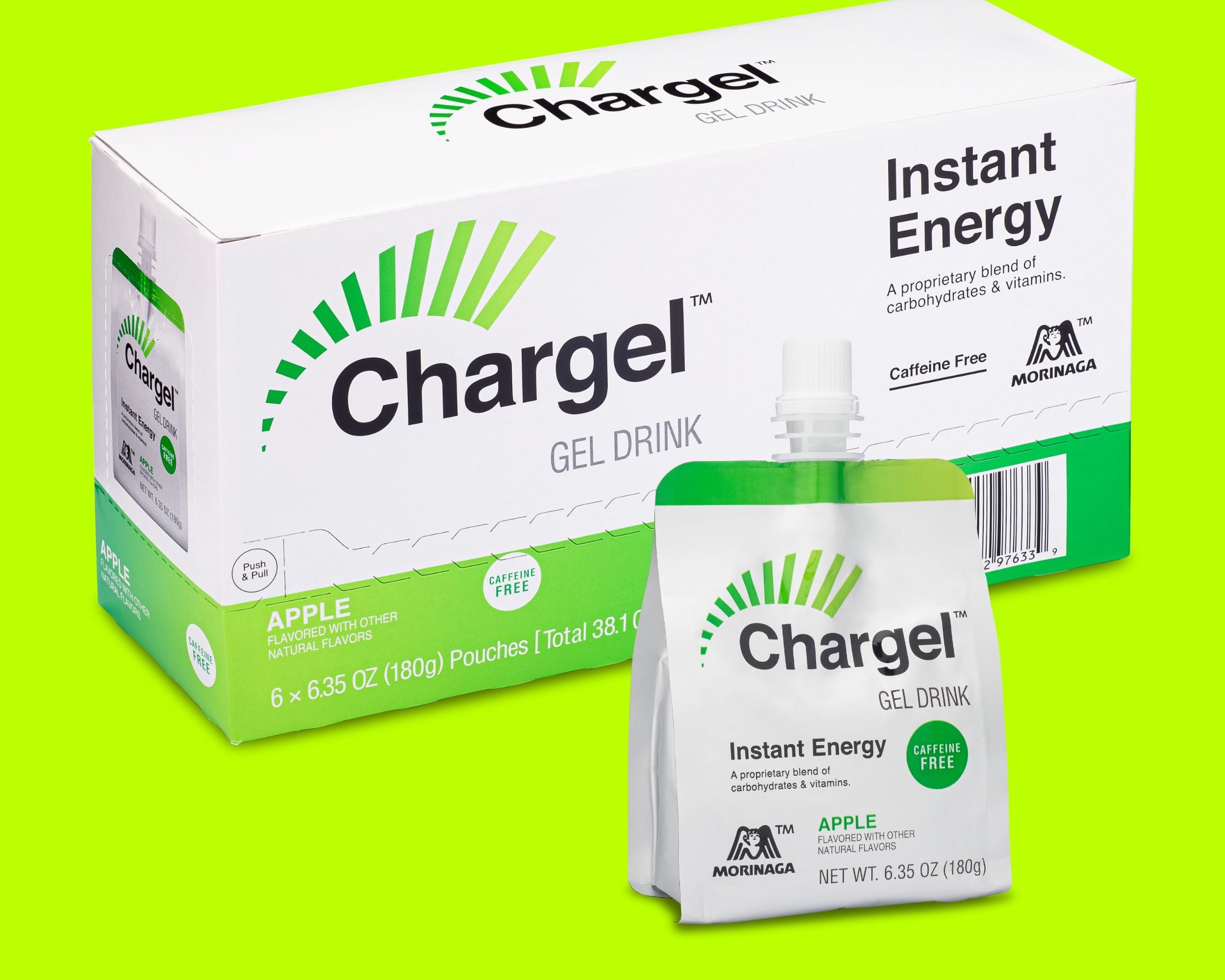
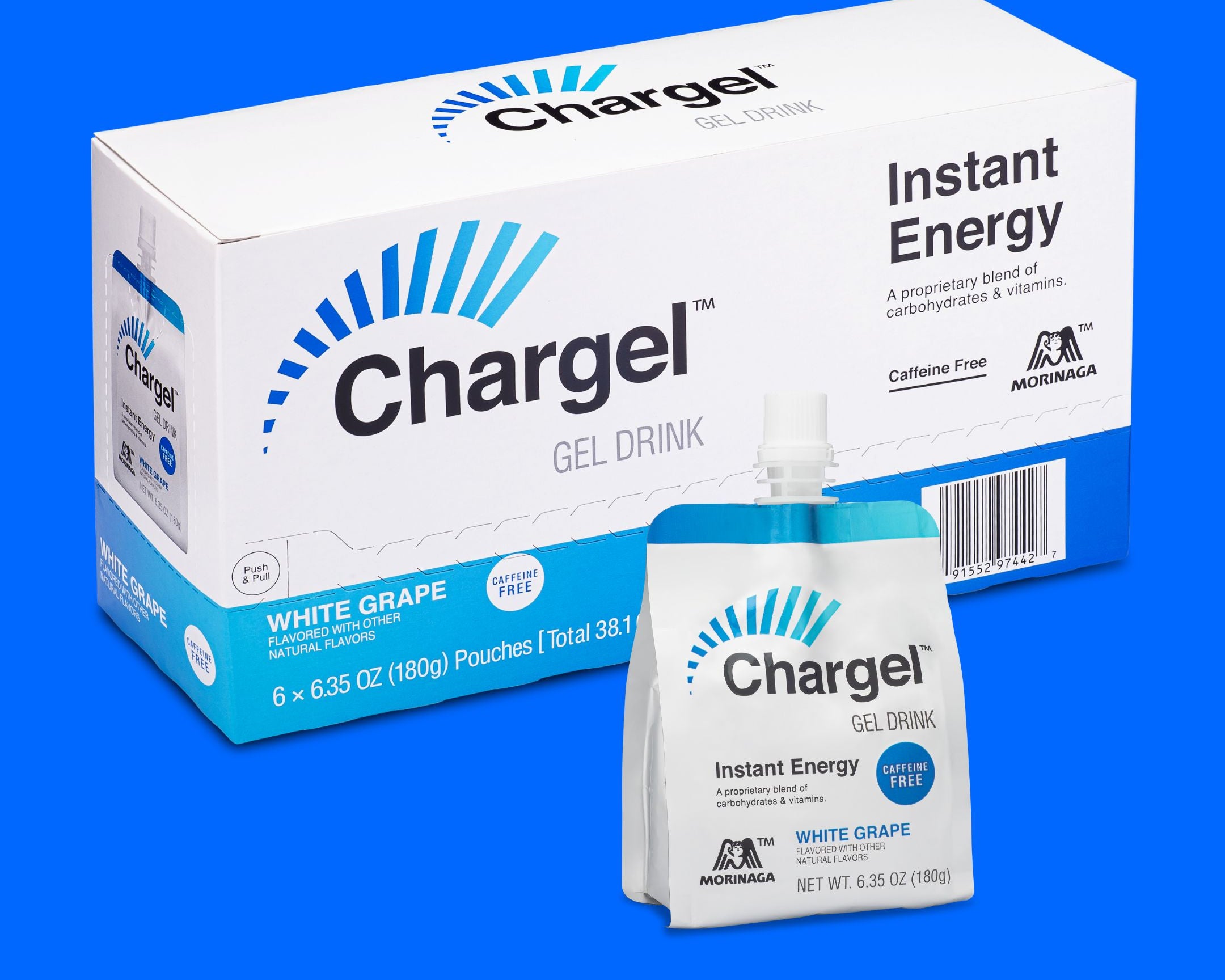
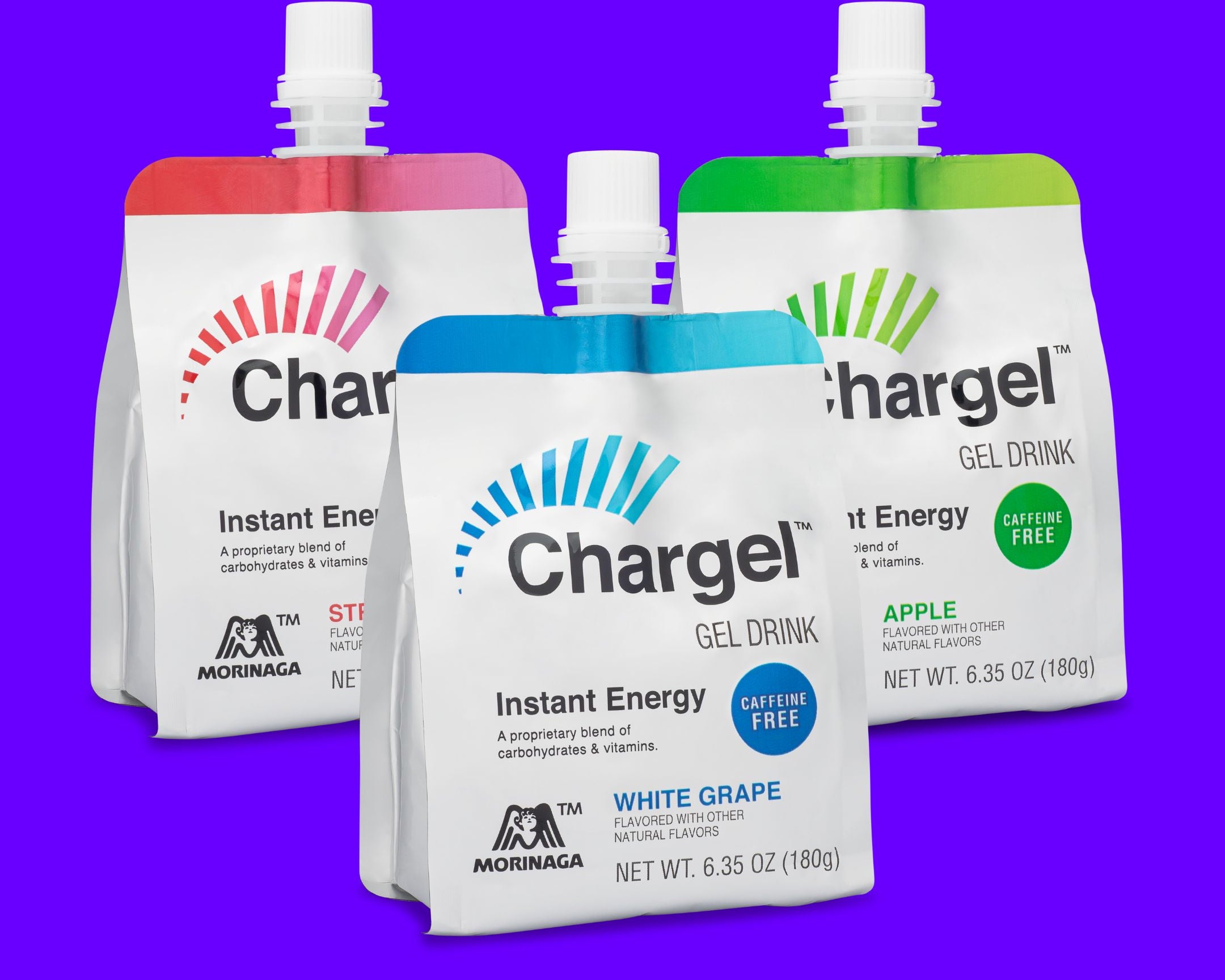
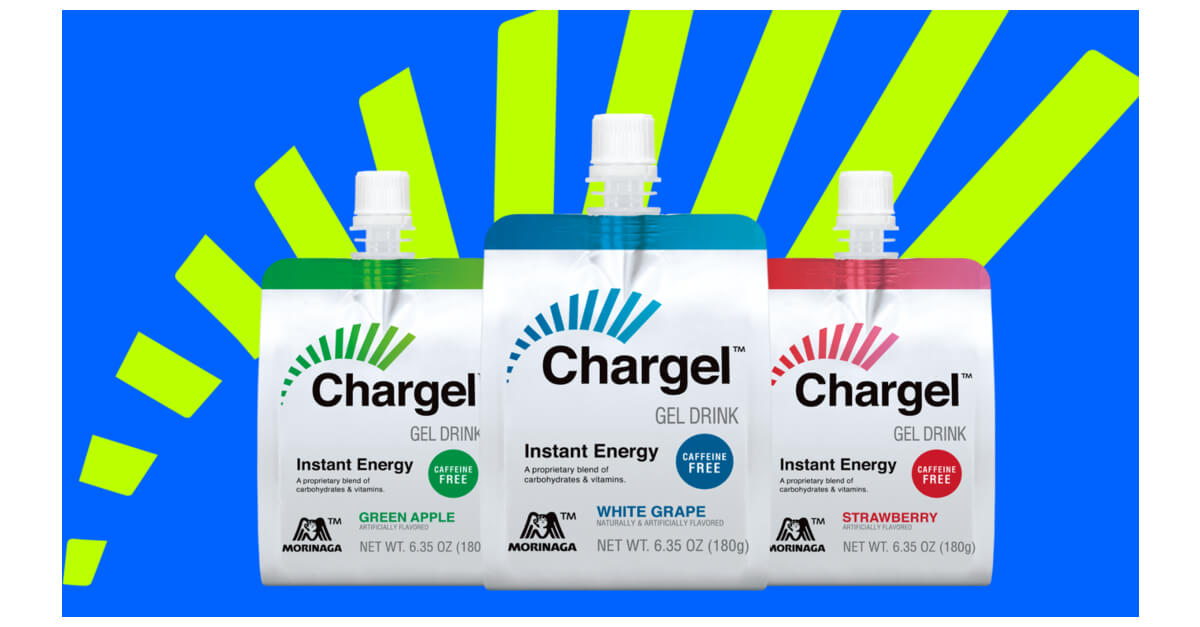






elecroindrive.com
elecroindrive.com
elecroindrive.com
elecroindrive.com
elecroindrive.com
elecroindrive.com
elecroindrive.com
elecroindrive.com
elecroindrive.com
elecroindrive.com
elecroindrive.com
elecroindrive.com
elecroindrive.com
elecroindrive.com
elecroindrive.com
elecroindrive.com
elecroindrive.com
elecroindrive.com
elecroindrive.com
elecroindrive.com
elecroindrive.com
elecroindrive.com
elecroindrive.com
elecroindrive.com
elecroindrive.com
elecroindrive.com
elecroindrive.com
elecroindrive.com
elecroindrive.com
elecroindrive.com
elecroindrive.com
elecroindrive.com
elecroindrive.com
elecroindrive.com
elecroindrive.com
elecroindrive.com
elecroindrive.com
elecroindrive.com
elecroindrive.com
elecroindrive.com
elecroindrive.com
elecroindrive.com
elecroindrive.com
elecroindrive.com
elecroindrive.com
elecroindrive.com
elecroindrive.com
elecroindrive.com
elecroindrive.com
elecroindrive.com
elecroindrive.com
elecroindrive.com
elecroindrive.com
elecroindrive.com
elecroindrive.com
elecroindrive.com
elecroindrive.com
elecroindrive.com
elecroindrive.com
elecroindrive.com
elecroindrive.com
elecroindrive.com
elecroindrive.com
elecroindrive.com
elecroindrive.com
elecroindrive.com
elecroindrive.com
elecroindrive.com
elecroindrive.com
elecroindrive.com
elecroindrive.com
elecroindrive.com
elecroindrive.com
elecroindrive.com
elecroindrive.com
elecroindrive.com
elecroindrive.com
elecroindrive.com
elecroindrive.com
elecroindrive.com
elecroindrive.com
elecroindrive.com
elecroindrive.com
elecroindrive.com
elecroindrive.com
elecroindrive.com
elecroindrive.com
elecroindrive.com
elecroindrive.com
elecroindrive.com
elecroindrive.com
elecroindrive.com
elecroindrive.com
elecroindrive.com
elecroindrive.com
elecroindrive.com
elecroindrive.com
elecroindrive.com
elecroindrive.com
elecroindrive.com
elecroindrive.com
elecroindrive.com
elecroindrive.com
elecroindrive.com
elecroindrive.com
elecroindrive.com
elecroindrive.com
elecroindrive.com
elecroindrive.com
elecroindrive.com
elecroindrive.com
elecroindrive.com
elecroindrive.com
elecroindrive.com
elecroindrive.com
elecroindrive.com
elecroindrive.com
elecroindrive.com
elecroindrive.com
elecroindrive.com
elecroindrive.com
elecroindrive.com
elecroindrive.com
elecroindrive.com
elecroindrive.com
elecroindrive.com
elecroindrive.com
elecroindrive.com
elecroindrive.com
elecroindrive.com
elecroindrive.com
elecroindrive.com
elecroindrive.com
elecroindrive.com
elecroindrive.com
elecroindrive.com
elecroindrive.com
elecroindrive.com
elecroindrive.com
elecroindrive.com
elecroindrive.com
elecroindrive.com
elecroindrive.com
elecroindrive.com
elecroindrive.com
elecroindrive.com
elecroindrive.com
elecroindrive.com
elecroindrive.com
elecroindrive.com
elecroindrive.com
elecroindrive.com
elecroindrive.com
elecroindrive.com
elecroindrive.com
elecroindrive.com
elecroindrive.com
elecroindrive.com
elecroindrive.com
elecroindrive.com
elecroindrive.com
elecroindrive.com
elecroindrive.com
elecroindrive.com
elecroindrive.com
elecroindrive.com
elecroindrive.com
elecroindrive.com
elecroindrive.com
elecroindrive.com
elecroindrive.com
elecroindrive.com
elecroindrive.com
elecroindrive.com
elecroindrive.com
elecroindrive.com
elecroindrive.com
elecroindrive.com
elecroindrive.com
elecroindrive.com
elecroindrive.com
elecroindrive.com
elecroindrive.com
elecroindrive.com
elecroindrive.com
elecroindrive.com
elecroindrive.com
elecroindrive.com
elecroindrive.com
elecroindrive.com
elecroindrive.com
elecroindrive.com
elecroindrive.com
elecroindrive.com
elecroindrive.com
elecroindrive.com
elecroindrive.com
elecroindrive.com
elecroindrive.com
elecroindrive.com